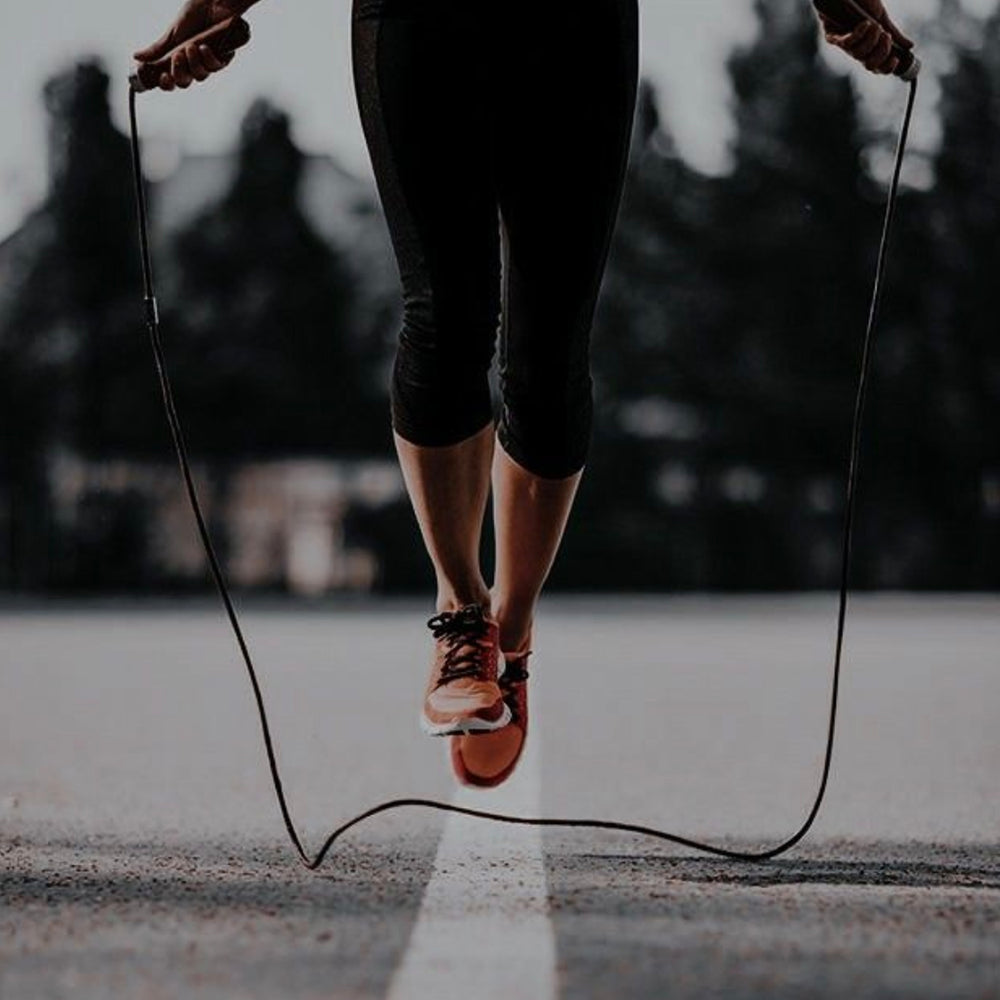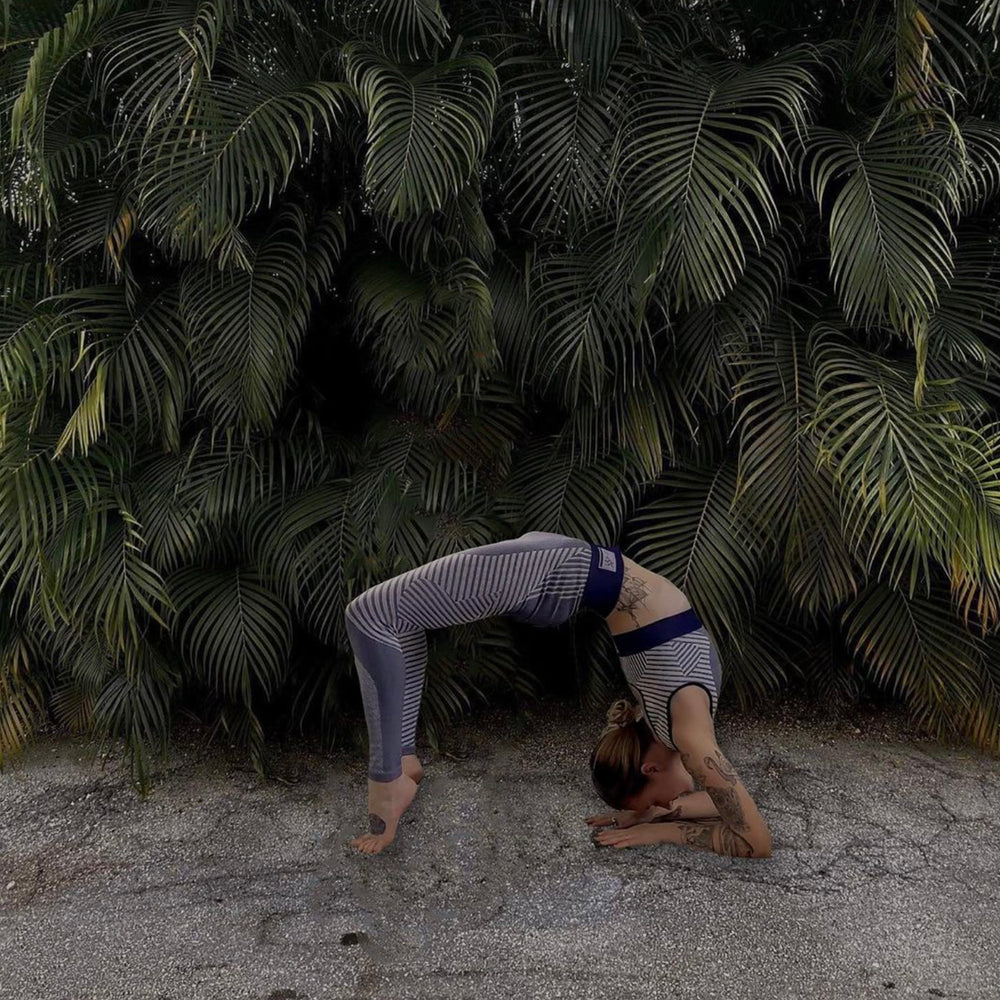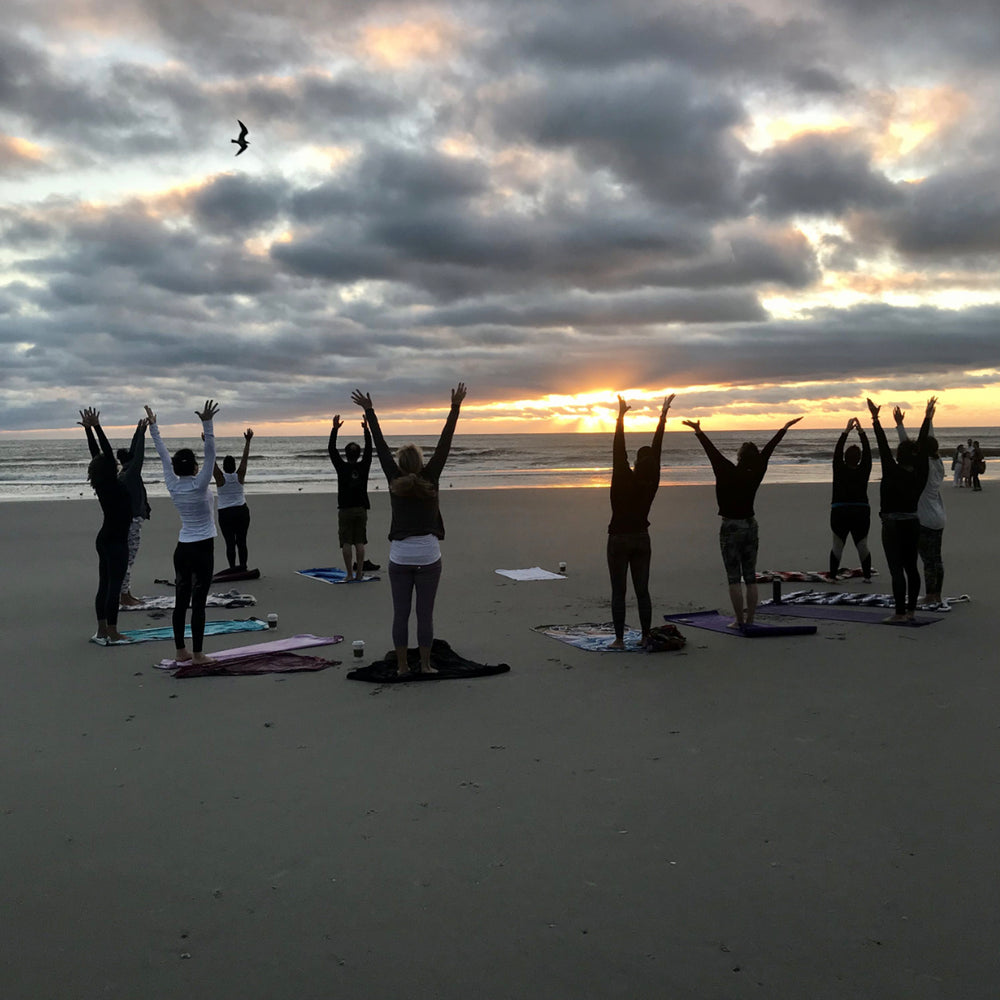 The coronavirus pandemic has been a transformative global event, affecting every aspect of life. As the world slowly emerges from the shadows of this crisis, many are seeking ways to reconnect with themselves and others. Yoga, with its ancient roots and holistic approach, stands out as a powerful tool for this reconnection. In this article, we explore how yoga can help individuals and communities rebuild and find balance in a post-coronavirus world.
The Impact of the Pandemic on Mental and Physical Health
The pandemic has left an indelible mark on public health. Prolonged isolation, fear of illness, economic instability, and the loss of loved ones have led to increased levels of stress, anxiety, and depression. Physically, the lack of movement and disruption of daily routines have contributed to a decline in physical fitness. Yoga, known for its stress-relieving and health-enhancing benefits, offers a pathway to healing.
Yoga as a Tool for Emotional Healing
Yoga's holistic approach makes it an effective practice for emotional healing. The combination of physical postures (asanas), breathing exercises (pranayama), and meditation creates a therapeutic effect on the mind.
**Asanas** release tension and stress stored in the body, promoting a sense of relaxation.
**Pranayama** helps regulate the nervous system, reducing anxiety and improving mood.
**Meditation** fosters mindfulness and a sense of peace, helping individuals process and cope with emotional trauma.
Rebuilding Community through Group Yoga
Yoga classes, whether in-person or virtual, can play a significant role in rebuilding community connections. Group yoga sessions provide a sense of belonging and shared experience. They offer a safe space where individuals can come together, support each other, and heal together.
Yoga for Physical Rehabilitation
For those recovering from COVID-19, yoga can be a gentle way to regain strength and lung capacity. Restorative yoga and gentle flow sequences can be particularly beneficial.
**Restorative Yoga** uses props to support the body, allowing for deep relaxation and gentle stretching.
**Gentle Flow Yoga** incorporates simple movements that can be modified according to one's physical condition, helping to rebuild strength and flexibility.
Enhancing Immunity with Yoga
Yoga's ability to reduce stress and improve overall physical condition can indirectly boost the immune system. Certain yoga practices are known for their invigorating effects on the body’s immune response, making yoga a valuable practice for maintaining health in a post-pandemic world.
Yoga and Mindfulness in Everyday Life
The pandemic has emphasized the importance of living in the present. Yoga, inherently a practice of mindfulness, teaches us to focus on the here and now. Incorporating mindfulness techniques learned in yoga into daily life can improve mental resilience and enhance overall well-being.
The Role of Online Yoga Platforms
The pandemic has accelerated the digitization of yoga. Online yoga platforms have become increasingly popular, offering accessibility and variety. These platforms provide an opportunity for people to continue their practice at home and stay connected with the global yoga community.
Yoga for Stress Relief in the Workplace
As businesses adapt to the post-pandemic world, incorporating yoga into the workplace can be an effective way to reduce stress and improve productivity. Employers can offer yoga sessions as part of wellness programs to support their employees’ mental health.
Personalizing Your Yoga Practice
The post-coronavirus world is marked by unique challenges and needs. Personalizing your yoga practice to align with your individual circumstances can make it more effective. This might include focusing on calming practices like Yin Yoga or energizing flows depending on your energy levels and mental state.
Yoga as a Form of Self-Care
Self-care has become more crucial than ever. Yoga offers a holistic form of self-care that nurtures the body, mind, and spirit. Regular practice can be a cornerstone of a self-care routine, offering a much-needed refuge in challenging times.
Yoga for All Ages and Abilities
One of the beauties of yoga is its accessibility. There are styles and modifications available for all ages and abilities, making it a practice that can unite people across generations. This inclusivity makes yoga an ideal practice for fostering connection in diverse communities.
The Future of Yoga in a Post-Coronavirus World
As we move forward, the role of yoga in society may continue to evolve. What will remain constant is yoga’s ability to offer peace, health, and connection. Yoga studios and teachers will likely continue to innovate, finding new ways to make yoga accessible and relevant to people’s changing needs.
Yoga and Environmental Consciousness
The pandemic has also highlighted the fragility of our environment. Yoga, with its emphasis on harmony and balance, encourages a deeper respect for nature. This aspect of yoga can inspire individuals to adopt more sustainable lifestyles, contributing to the health of our planet.
In a post-coronavirus world that craves healing, connection, and balance, yoga emerges as a beacon of hope and resilience. Its adaptability, accessibility, and holistic approach make it uniquely suited to address the physical, mental, and emotional challenges of our time. Whether through group classes, online sessions, or personal practice, yoga offers a path to reconnect with ourselves, with others, and with the world around us. As we embrace this ancient practice, we open ourselves to a world of healing and transformation, finding strength and serenity in the face of adversity.
|











